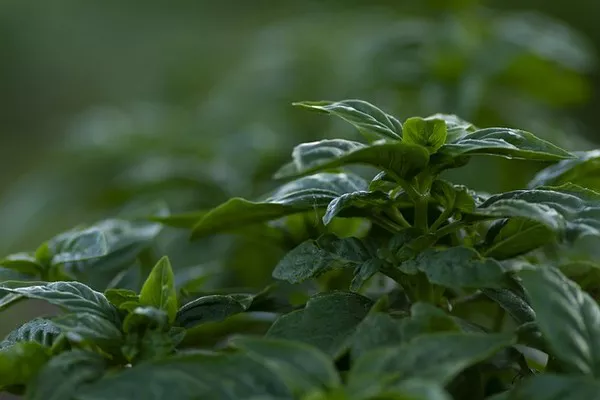In a groundbreaking study led by researchers from the University of Illinois Urbana-Champaign, the intricate relationship between plant genomes and the communities of microorganisms in their roots has been unraveled. This pioneering work not only sheds light on the factors influencing these communities but also holds the potential to revolutionize agriculture practices for enhanced productivity.
Microbes form complex communities, known as microbiomes, around the roots of plants, influencing their health and development. While the chemical signals emitted by host plants dictate the recruitment of these microbes into their roots, it remains unclear whether the genetic variation in the host plants plays a pivotal role in shaping these microbial communities.
The research, spearheaded by Professor Angela Kent, focused on two native silver grass species, Miscanthus sinensis and Miscanthus floridulus, recognized as potential bioenergy crops for their efficient nutrient utilization. The study spanned 16 sites across Taiwan, encompassing diverse environmental conditions, from hot springs to mountain peaks, to represent extremes.
Through an unprecedented scale of 236 rhizosphere soil samples collected from these native grasses, the researchers utilized advanced DNA sequencing techniques to explore the interplay between plant genomes and rhizosphere microbiomes. The study not only identified a diverse core microbiome in Miscanthus but also uncovered the role of genetic variation in influencing these microbial communities.
Remarkably, the core microbiome featured nitrogen-fixing bacteria crucial for plant growth, showcasing its importance in enhancing the sustainability of Miscanthus as a potential bioenergy crop. The study revealed that while the soil environment had a substantial impact on the rhizosphere microbiome, the genetic variation among plants played a more moderate role.
Niuniu Ji, a postdoctoral researcher involved in the study, expressed excitement about the discovery, stating, “I discovered that the plants affect the core microbiome, which was exciting.” The findings open avenues for further research to identify specific genes influencing the microbiome and its ecological role.
Professor Angela Kent emphasized the broader perspective needed in crop breeding, moving beyond yield to consider how microbes contribute to crop sustainability. The vast genetic variation in wild plants provides a unique opportunity to pinpoint variants adept at recruiting beneficial microbes, potentially reducing the reliance on fertilizers and advancing sustainable agriculture.
In conclusion, this study, titled “Host genetic variation drives the differentiation in the ecological role of the native Miscanthus root-associated microbiome,” published in Microbiome, marks a significant step toward harnessing the genetic secrets that govern the intricate dance between plant genomes and the microbial communities vital for plant health and productivity.


